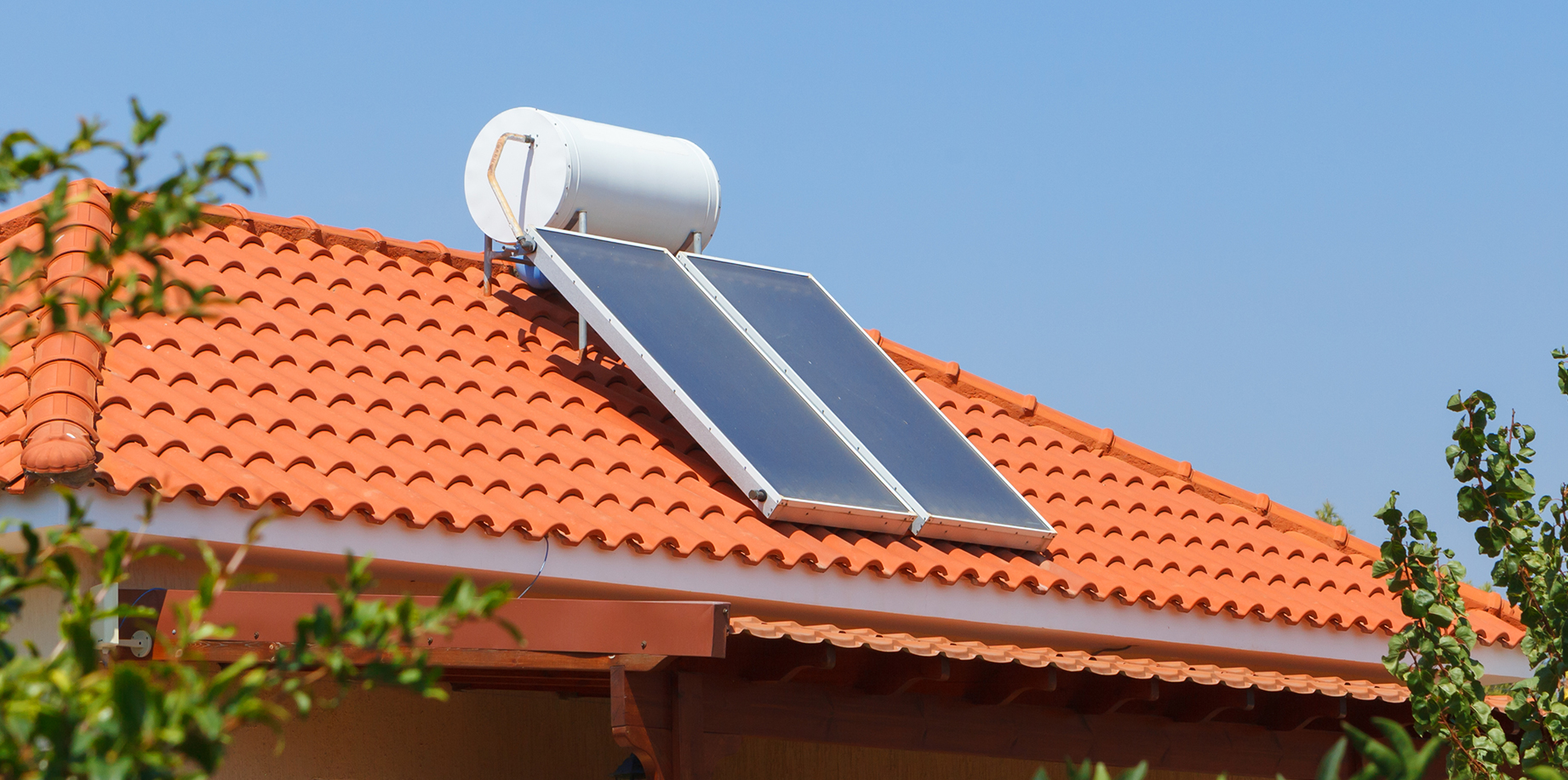Understanding Green Plumbing
What is Green Plumbing?
Green plumbing refers to implementing environmentally friendly practices and technologies designed to conserve water, reduce energy consumption, and minimize environmental impact. These practices promote resource efficiency and reduce waste, contributing to the creation of sustainable homes and businesses.
The Importance of Green Plumbing
Green plumbing has become increasingly important with growing concerns about environmental sustainability and resource conservation. It helps address water scarcity, high energy consumption, and ecological degradation. Individuals and businesses can significantly reduce their ecological footprint by adopting green plumbing practices.
Key Green Plumbing Practices
Water-Efficient Fixtures
Low-Flow Fixtures
Low-flow fixtures, including toilets, showerheads, and faucets, are designed to use less water without compromising performance. Installing low-flow fixtures can reduce water usage by up to 60%, contributing to significant water conservation.
Dual-Flush Toilets

Dual-flush toilets offer two flushing options: a low-volume flush for liquid waste and a higher-volume flush for solid waste. This flexibility helps in saving water by using only the necessary amount for each flush.
Tankless Water Heaters
Tankless water heaters, also known as on-demand water heaters, heat water only when needed. Unlike traditional water heaters that constantly heat and store water, tankless systems reduce energy consumption and provide an endless hot water supply.
Greywater Recycling Systems
What is Greywater?
Greywater is wastewater from domestic activities such as bathing, washing dishes, and laundry. Unlike blackwater (from toilets), greywater can be treated and reused for non-potable purposes.
Benefits of Greywater Recycling
Greywater recycling systems collect and treat greywater for reuse in irrigation, toilet flushing, and other non-drinking purposes. This practice reduces the demand for fresh water and decreases the wastewater entering the sewage system.
Solar Water Heating Systems

Harnessing Solar Energy
Solar water heating systems use solar panels to capture and convert sunlight into thermal energy, then heat water. This eco-friendly solution reduces reliance on fossil fuels and lowers energy bills.
Types of Solar Water Heaters
There are two main types of solar water heaters: active and passive systems. Active systems use pumps to circulate water, while passive systems rely on natural convection. Both types offer energy-efficient solutions for heating water.
Rainwater Harvesting Systems
Collecting and Utilizing Rainwater
Rainwater harvesting involves collecting and storing rainwater for various uses, such as irrigation, toilet flushing, and even potable water supply after proper treatment. This practice helps reduce dependency on municipal water supply and promotes water conservation.
Components of a Rainwater Harvesting System
A typical rainwater harvesting system includes a catchment area (roof), gutters, downspouts, storage tanks, and filtration systems. Proper maintenance and filtration are essential to ensure the harvested water is safe for its intended use.
Green Plumbing Materials
Eco-Friendly Pipe Materials
Traditional plumbing materials such as PVC and copper have environmental drawbacks. Eco-friendly alternatives like PEX (cross-linked polyethylene) and HDPE (high-density polyethylene) offer durable, recyclable options with lower ecological impact.
Insulation and Efficiency
Proper insulation of pipes and water heaters reduces heat loss, enhancing energy efficiency. Using recycled and sustainable insulation materials further contributes to green plumbing practices.
Benefits of Green Plumbing
Environmental Benefits
Green plumbing practices reduce water and energy consumption, decrease greenhouse gas emissions, and minimize the strain on local water supplies. These practices contribute to a healthier environment and promote sustainability.
Economic Benefits
While the initial investment in green plumbing systems may be higher, the long-term savings on water and energy bills can be substantial. Additionally, many governments offer incentives and rebates for adopting eco-friendly plumbing technologies.
Health Benefits
Green plumbing practices ensure cleaner water by reducing contaminants and chemicals in the water supply. This leads to improved health and well-being for individuals and communities.
Challenges and Considerations
Initial Costs
The upfront costs of installing green plumbing systems can be a barrier for some homeowners and businesses. However, these investments are often worthwhile considering the long-term savings and environmental benefits.
Maintenance and Expertise
Green plumbing systems may require specialized maintenance and expertise. It’s essential to work with qualified professionals who understand eco-friendly plumbing practices and can ensure proper installation and maintenance.
Green plumbing practices are essential for promoting sustainability and reducing environmental impact. By adopting water-efficient fixtures, greywater recycling systems, solar water heating, rainwater harvesting, and eco-friendly materials, individuals and businesses can contribute to a more sustainable future. Embracing green plumbing conserves resources and offers economic and health benefits, making it a smart choice for anyone looking to create a more environmentally friendly home or business.

